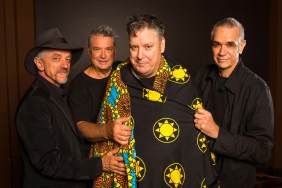When punk rock hit the mainstream of the U.K. In the second half of the 70s, it turned every juvenile delinquent and wayward youth into public enemy number one. It also saw a flurry of bands spike not just their hair, but their popularity in the wake of the Sex Pistols scoring a number-one single.
True to the cause, the majority of these bands…











